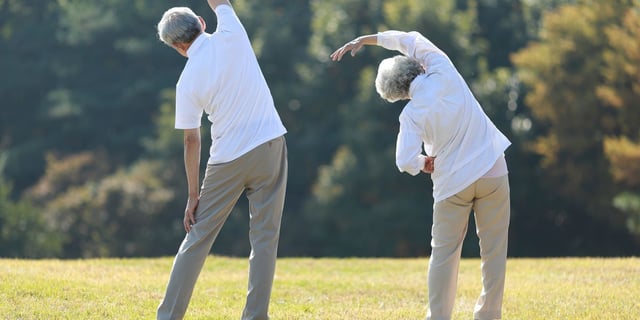Overview
- The review aggregated findings from 85 large-scale population studies with sample sizes ranging from 357 to over 6.5 million participants to track exercise habits over time.
- Adults who consistently exercised throughout adulthood experienced a 20–30 percent lower risk of death from any cause and up to a 40 percent drop in heart disease mortality.
- Switching from inactivity to regular exercise in later adulthood still delivered a mortality risk reduction of up to 27 percent.
- Leisure-time activities like walking, jogging or cycling provided stronger longevity benefits than work-related physical activity.
- With one-third of adults worldwide inactive despite WHO recommendations for 150–300 minutes of moderate exercise weekly, researchers call for targeted interventions to both motivate inactive populations and help active individuals maintain their routines.


